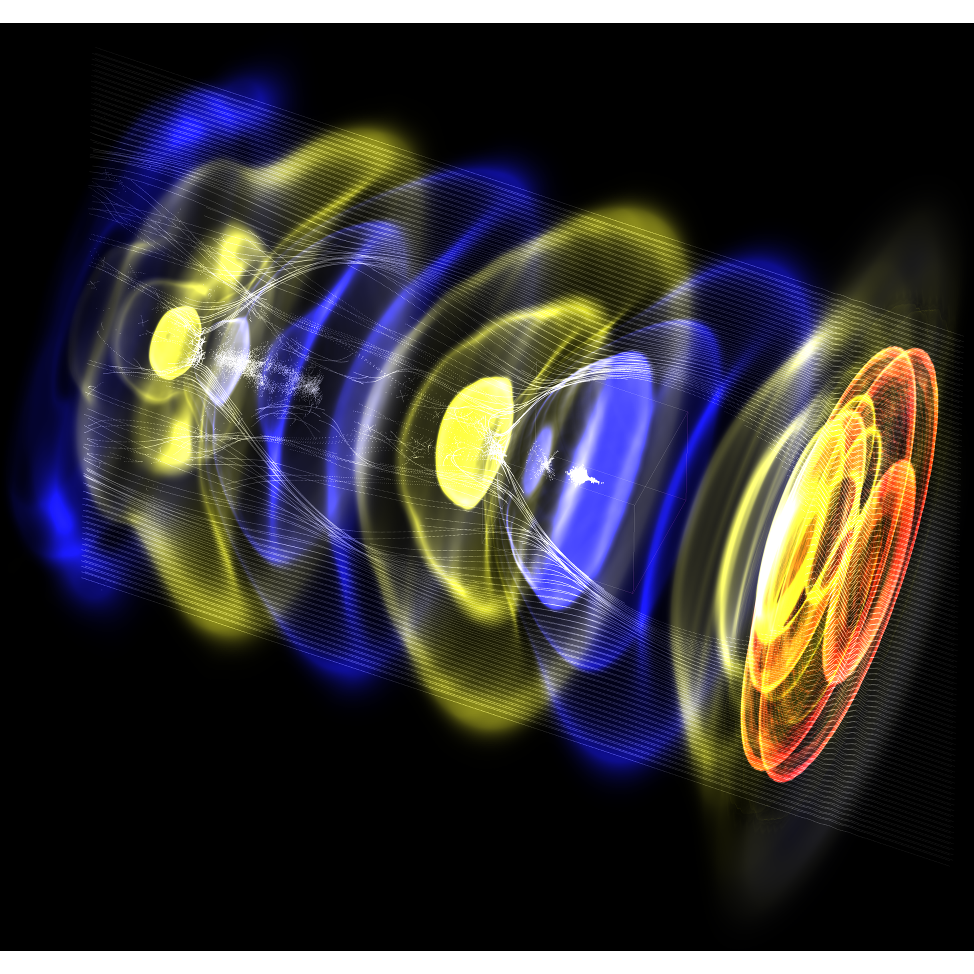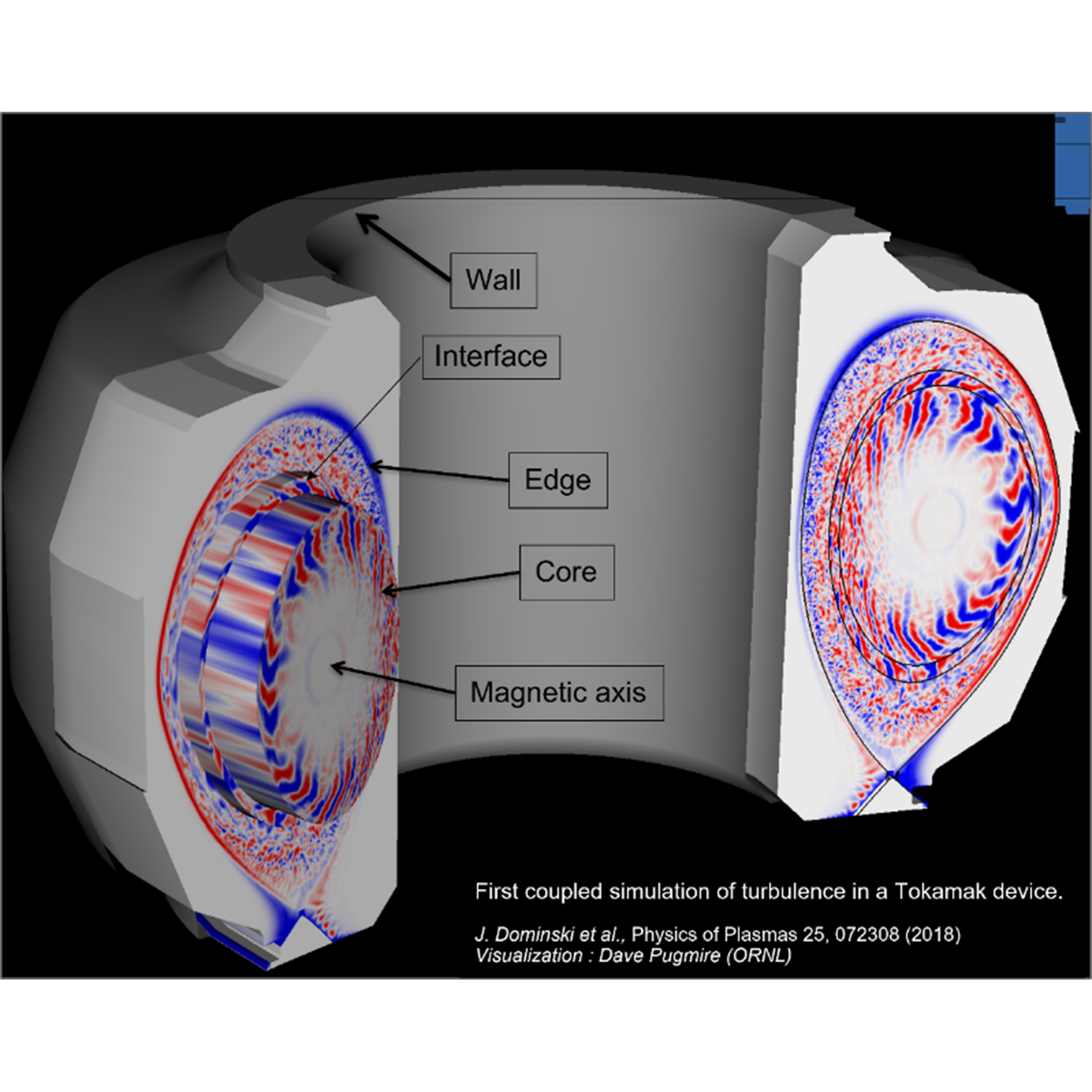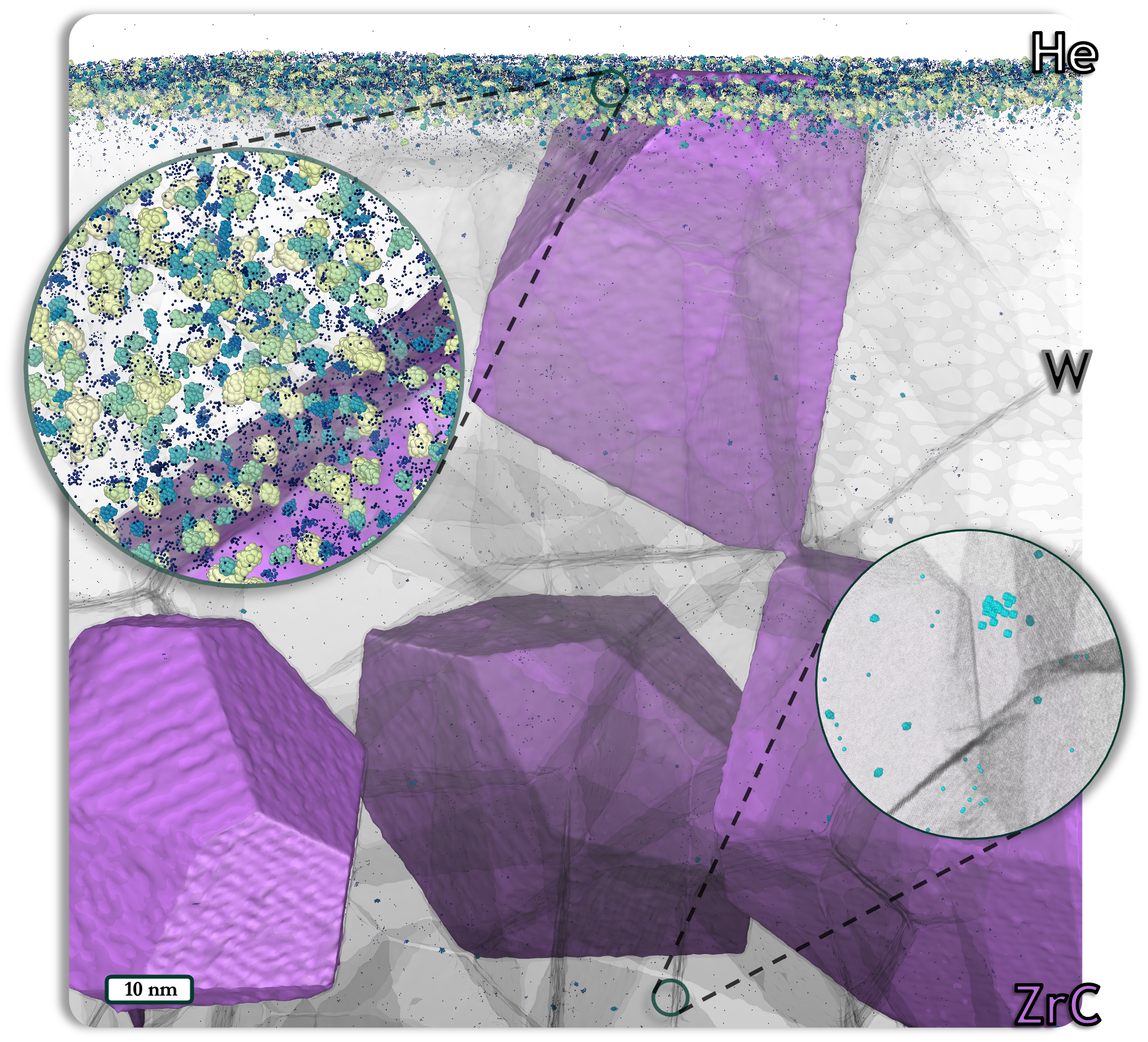Upcoming events
Feb 10, 2026
Feb 10, 2026
Feb 10, 2026
plus 14 more events not shown
See all CASS events...
The Consortium for the Advancement of Scientific Software (CASS) is committed to the stewardship and advancement of the current and future ecosystem of scientific computing software in support of competitiveness and innovation through the advancement of science. These stories illustrate some of the impacts of software in the CASS portfolio.
WarpX Enables Computational Design of Next-Generation Plasma-Based Accelerators
WarpX is a particle-in-cell (PIC) simulation code that models the motion of charged particles or plasma. WarpX is used to model chains of plasma-based particle accelerators for future high-energy physics colliders – table-top particle accelerators. These table-top accelerators can be used in both scientific and medical applications.
Software mentioned: AMReX, libEnsemble, Spack, E4S, HDF5, ADIOS, zfp, ParaView, ParaView Catalyst, Ascent, VisIt, Viskores, MPICH, Open MPI, Darshan, TAU, Empirical Roofline Tool, PAPI
Whole Device Modeling of Magnetically Confined Fusion Plasma
Magnetically confined fusion plasmas are being designed within the International Tokamak Experimental Reactor (ITER) and other projects that are based on physics regimes achieved through present experiment. First-principles-based modeling and simulation activities are required to design and optimize these new facilities in the possibly new physics regimes. The fusion community is developing an approach to first-principles-based whole device modeling that will provide predictive numerical simulations of the physics required for magnetically confined fusion plasmas to enable design optimization and fill in the experimental gaps for ITER and future fusion devices.
Software mentioned: PETSc/TAO, hypre, SuperLU, AMReX, MFEM, SUNDIALS, Kokkos Kernels, STRUMPACK, libEnsemble, Spack, E4S, ADIOS, HDF5, PnetCDF, zfp, Viskores, DIY, Kokkos, Open MPI, MPICH, OpenMP Validation and Verification Test Suite, OpenACC Verification and Validation Test Suite, TAU, HPCToolkit, PAPI, Darshan
LAMMPS & Kokkos: Using Kokkos in LAMMPS to enable performance portable molecular dynamics simulations across scales of accuracy, length, and time
LAMMPS is a classical molecular dynamics code widely used across the DOE complex. Leveraging Kokkos, LAMMPS can run on a wide range of high-performance computing resources.
Software mentioned: Kokkos
Read more about impacts of our software…
Software
The current CASS software portfolio focuses on freely available libraries and tools that support leading-edge computational science and engineering research on high-performance parallel computers. Topical areas include: data and visualization, development tools, mathematical libraries, programming models and runtimes, and software ecosystem and delivery. Most of the software has been developed with support from the U.S. Department of Energy Office of Advanced Scientific Computing Research, and the Software Technologies focus area of the Exascale Computing Project.
Engage with us
CASS and its member organizations work with our software product teams to improve the quality, sustainability, and interoperability of the software products in our ecosystem – essential for a robust and trustworthy scientific software ecosystem. We also collaborate with the broader community to leverage these reusable software libraries and tools to advance science. There are many ways you can get involved. DOE sponsorship is not required to participate or join.
Join our announcement mailing list for updates on CASS events and news.
Participate in our working groups. Working groups are the primary means by which we organize members of the CASS community to advance our stewardship efforts. Most CASS working groups welcome public participation. Working group topics include: software foundations, ecosystem integration, metrics, user-developer experience, and the scientific software workforce.
Reach out to a member organization if you’re interested in specific areas of the software ecosystem.
Become a member of CASS. We welcome projects and organizations with similar scientific software stewardship missions to consider membership in CASS.
Sponsors
The current members of CASS gratefully acknowledge support from the U.S. Department of Energy (DOE) Office of Advanced Scientific Computing Research (ASCR) through the Next-Generation Scientific Software Technologies (NGSST) and Scientific Discovery through Advanced Computing (SciDAC) programs.


